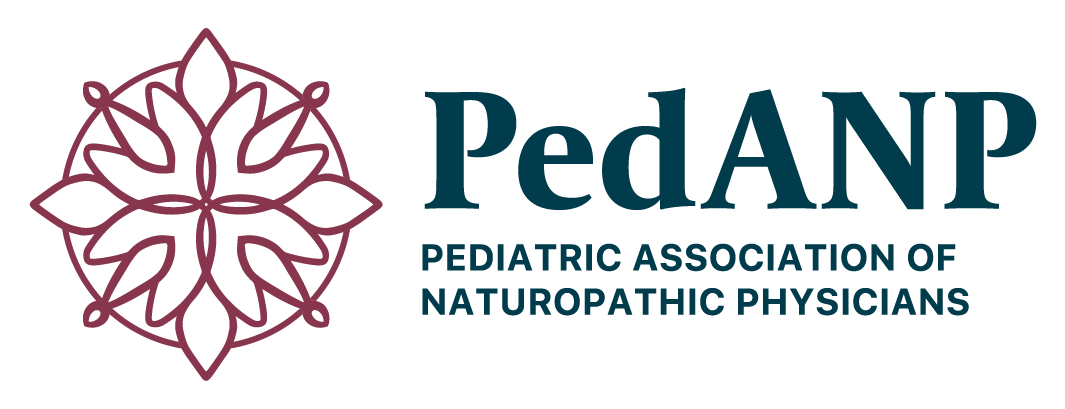Suicide Prevention for Youth in Communities of Color
Presented by Sherry Davis Molock, Ph.D., M.Div
This workshop is designed to provide health practitioners and advocates with information on evidence-based suicide prevention strategies and methods for adolescents and young adults from communities of color. The session will focus on considering suicide prevention strategies that are culturally salient and relevant and explore how our own cultural backgrounds shape the therapeutic process.
Learning Objectives:
Learn new information about suicide prevention with focus on suicide prevention for youth from communities of color
Apply knowledge about suicide prevention in ways that are culturally relevant to youth from communities of color
Understand the importance of using a culturally salient approach in suicide prevention, risk assessment
Speaker Biography:
Sherry Davis Molock is an Associate Professor in the Department of Psychology at The George Washington University in Washington, DC. Dr. Molock teaches undergraduate and doctoral courses in the field of clinical psychology and conducts research on the prevention of suicide and HIV in African American adolescents and young adults. Dr. Molock’s work has appeared in a number of professional journals, has served on a number of local and national boards, and currently serves on the editorial board of the American Journal of Community Psychology. She also serves as a grant reviewer for NIMH, NIDA, CDC, and SAMHSA. She recently served as a member of the scientific work group that worked with the Congressional Black Caucus’ Emergency Task Force on Suicide Prevention for Black Youth. In addition to her work in psychology, Dr. Molock and her husband, Guy Molock, Jr., are the founding pastors of the Beloved Community Church in Accokeek, Maryland. Their ministry focuses on “family healing” that is designed to bring spiritual, physical, and emotional healing to the community. She is the proud mother of the Molock Jewels: Amber, Jelani & Diarra and the proud “Mimi” of Makayla and Oliyah.
